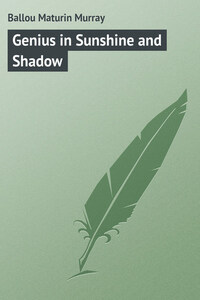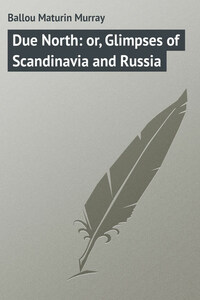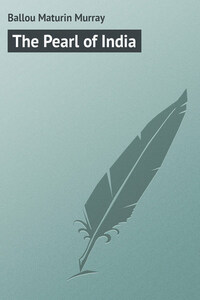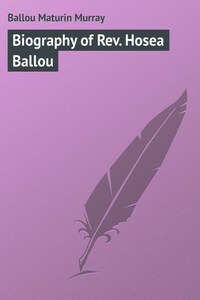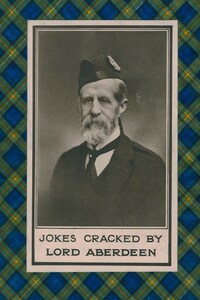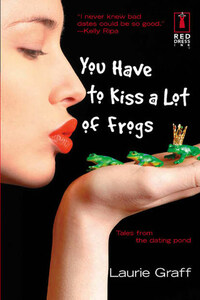The volume in hand might perhaps better have been entitled "Library Notes," as the pages are literally the gathered notes of the author's library-hours. The reader will kindly peruse these pages remembering that they assume only to be the gossip, as it were, of the author with himself, – notes which have grown to these proportions by casual accumulation in the course of other studies, and without consecutive purpose. That these notes thus made have been put into printed form, is owing to the publisher's chance knowledge and hearty approval of them. These few lines are by way, not of apology, – no sensible person ever made an apology, according to Mr. Emerson, – but of introduction; so that the reader may not fancy he is to encounter a labored essay upon the theme suggested by the title of the volume.
These pages may not be without a certain wholesome influence, if, fortunately, they shall incite others to analyze the character of genius as exhibited by the masters of art and literature. The facts alluded to, though familiar to many, are not so to all; wherefore the volume may indirectly promote the knowledge of both history and biography, at the same time leading the thoughtful reader to seek further and more ample information concerning those individuals who are here so briefly introduced.
The ever-flowing tide of time rapidly obliterates the footprints of those whom the world has delighted to honor. While it has caused heroic names, like their possessors, to lapse into oblivion, it has also shrouded many a historical page with the softened veil of distance, like ivy-grown towers, rendering what was once terrible now only picturesque. In glancing back through thousands of years, and permitting the mind to rest on the earliest recorded epochs, one is apt to forget how much human life then, in all its fundamental characteristics, was like our own daily experience. There never was a golden age; that is yet to come. The most assiduous antiquarian has only corroborated the fact that human nature is unchanged. Conventionalities, manners and customs, the fashions, may change, but human nature does not. As an example of the mutability of fame, we have only to ask ourselves what is actually known to-day of Homer,1 Aristophanes, and their renowned contemporaries, or even of our more familiar Shakespeare?2 Of the existence of the first named we have evidence in his two great epics, the Iliad and the Odyssey; but, though deemed the most famous poet that ever lived, we do not even know his birthplace.
"Ten ancient towns contend for Homer dead,
Through which the living Homer begged his bread."
The cautious historian only tells us that he is supposed to have flourished about nine hundred years before the time of Christ; while there are also learned writers who contend that no such person as Homer3 ever lived, and who attribute the two most famous poems of antiquity to various minstrels or ballad-mongers, who celebrated the "tale of Troy divine" at various periods, and whose songs and legends were fused into unity at the time of Pisistratus.
Over the personality of Aristophanes,4 the great comic poet of Greece, who is supposed to have flourished some five or six hundred years later than Homer, there rests the same cloud of obscurity, and he is clearly identified only by eleven authentic comedies which are still extant, though he is believed to have written fifty. Of Shakespeare, born some two thousand years later (1564), how little is actually known beyond the fact of his birthplace! Even the authorship of his plays, like that of Homer's poems, is a subject of dispute. Perhaps, however, this loss of individuality but adds to the influence of the poet's divine mission. The really great men of history, benefactors of their race, are those who still live in the undying thoughts which they have left behind them.
In this familiar gossip we propose to glance briefly at such names as may suggest themselves, without observing any strict system of classification. The theme is so fruitful, the pages of history so teem with portraits which stand forth in groups to attract the eye, that one hardly knows where to begin, what matter to exclude, what to adduce; and therefore, closing the elaborate records of the past, we will trust to momentary inspiration and the ready promptings of memory.
The first thought which strikes us in this connection is, that the origin of those whom the world has called great – men who have written their names indelibly upon the pages of history – is often of the humblest character. Such men have most frequently risen from the ranks. In fact, genius ignores all social barriers and springs forth wherever heaven has dropped the seed. The grandest characters known in art, literature, and the useful inventions have illustrated the axiom that "brave deeds are the ancestors of brave men;" and it would almost appear that an element of hardship is necessary to the effective development of true genius. Indeed, when we come to the highest achievements of the greatest minds, it seems that they were not limited by race, condition of life, or the circumstances of their age. "It is," says Emerson, "the nature of poetry to spring, like the rainbow daughter of Wonder, from the Invisible, to abolish the past and refuse all history." But this of course refers only to poetry in its loftiest and noblest conceptions and sentiments; and then only in passages of a great work.
